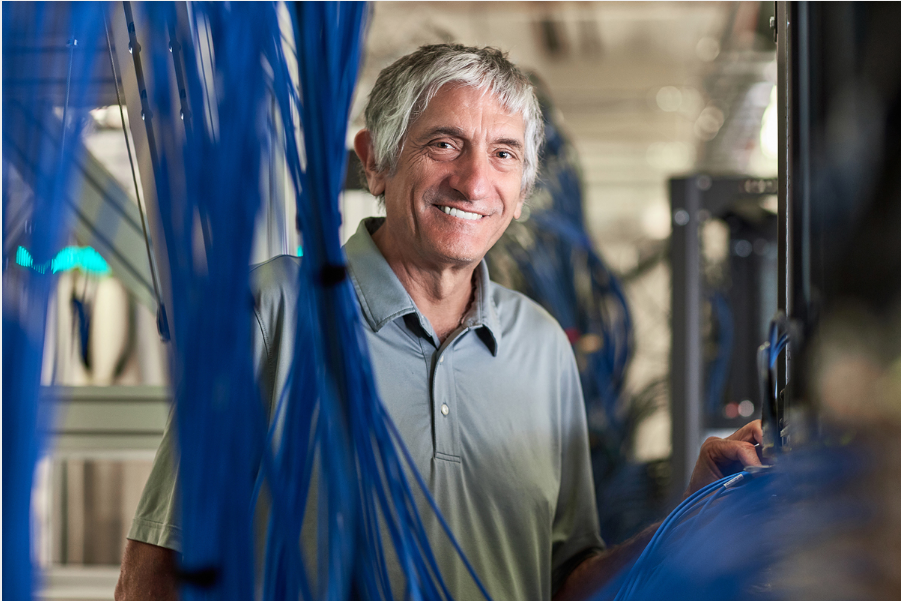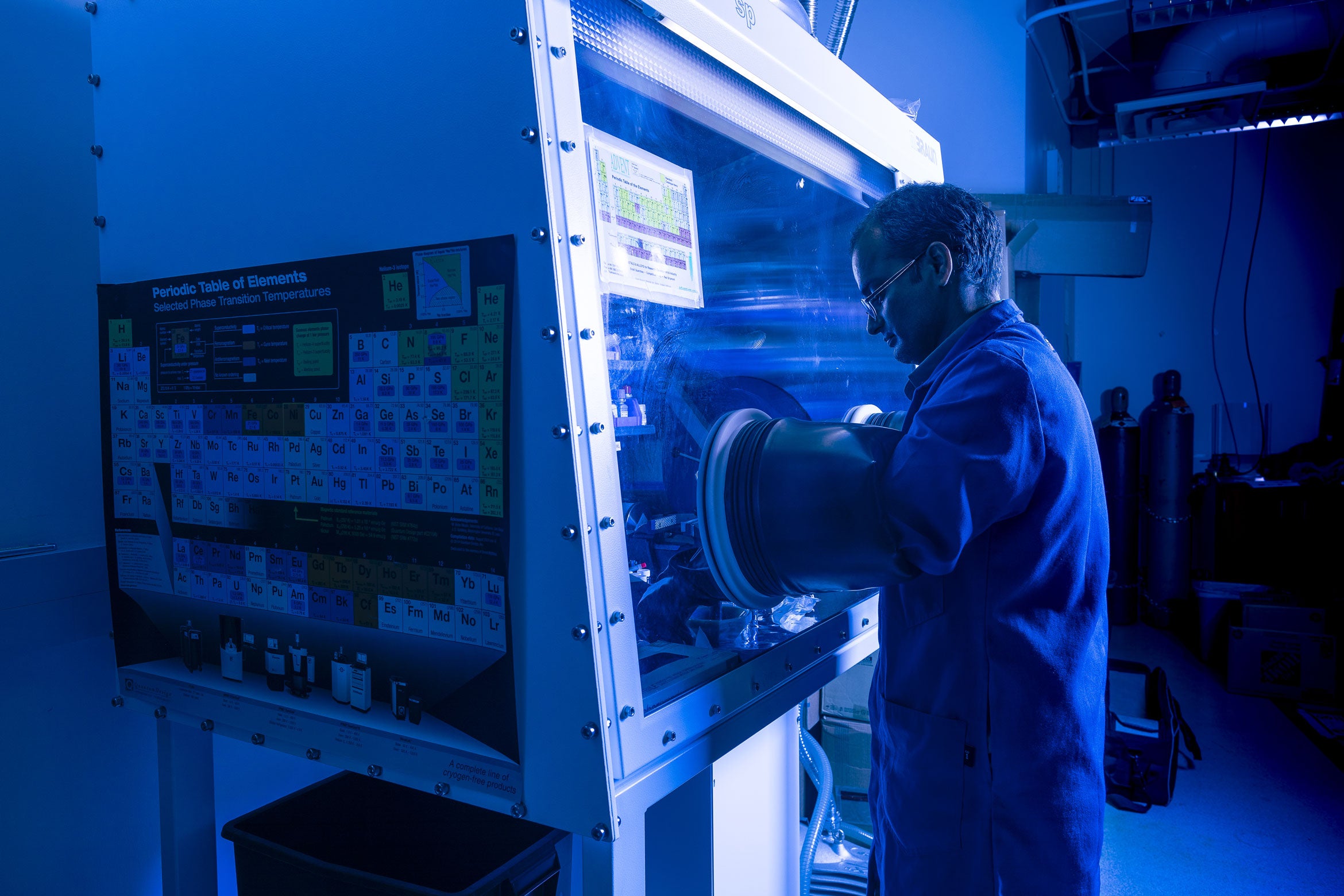
Ushering in a New Quantum Era
A group of UC Santa Barbara/Google scientists in 2019 made history with a demonstration of quantum supremacy — the first quantum computer with the ability to surpass even the most powerful classical supercomputer in the world. Under the guidance of UCSB physicist and Google chief scientist John Martinis, the group achieved what just a year earlier had been an ambitious plan, fraught, as many lofty goals are, with unforeseen difficulties and unexpected hurdles.
The outcome: three minutes of quantum computation that would signal a shift in the quantum computing world.
“We were super excited that the experiment seemed to be working in winter of 2019,” Martinis said of the 54-qubit processor they call Sycamore, which they had fabricated in December 2018.
Excitement turned into concern when the researchers encountered an unexplained potential drop in fidelity that threatened to derail their progress at the finish line, he recalled. The team worked feverishly to identify and solve the mystery, finding that the problem — thankfully — was a matter of calibration rather than some unexpected and complex interaction within the system. By late spring they had the data confirming that they had achieved what they had been working for years to do.
“I was astonished that the data was so well explained by simple calibrations, since this is a strong statement that there is no unexpected physics that would limit a quantum computer,” Martinis said. “By the time we finished the experiment, everyone's emotion was just relief that everything worked, that we could publish and move forward with our lives.”
For leading efforts to create a quantum computer that could outperform conventional computers, Martinis has been selected by the journal Nature for its year-end feature “Nature’s 10,” which focuses on 10 people who made a difference in science in 2019.
“This well-deserved honor is one more reason we are proud to call John Martinis a colleague and a member of the UC Santa Barbara community,” said Pierre Wiltzius, dean of UCSB’s Division of Mathematical, Life and Physical Sciences. “His paradigm-shifting research will forever change the way we think about what computers are capable of doing.”



